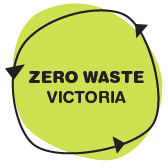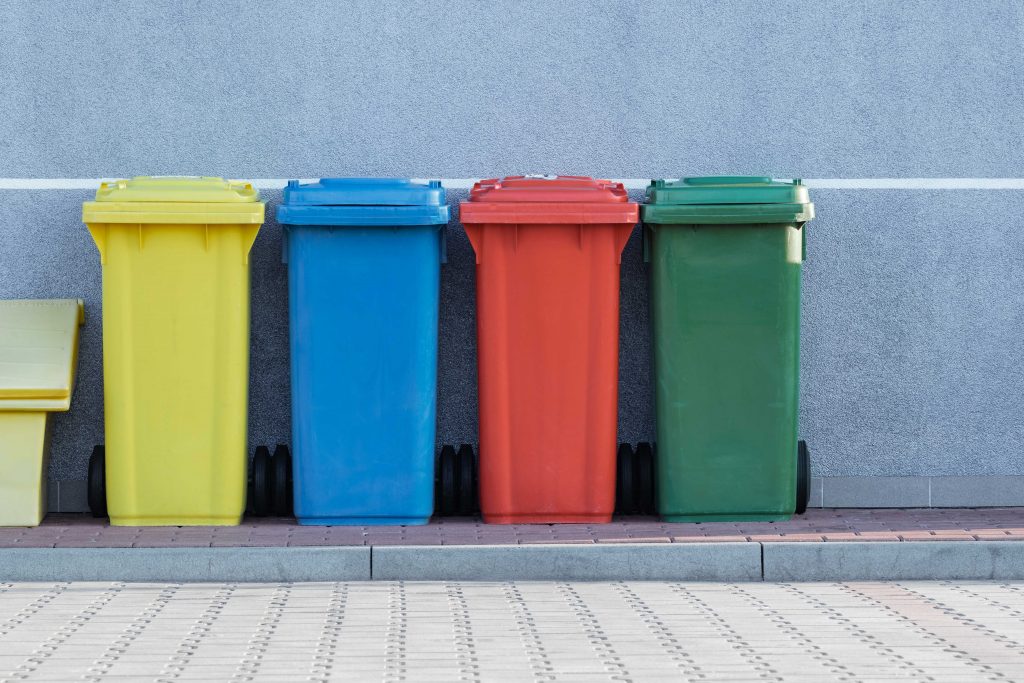Do you think more should be done to better manage Australia’s waste?
Yes – So do we! So we welcome the Federal Government’s inquiry into Waste and Recycling.
Our government would like to hear from interested people, organisations and agencies working to reduce, reuse and recycle waste in Australia. It’s important to take this opportunity to let politicians know the community care and that we need real actions to minimise and better manage waste. So now it’s time to put what you think in writing and have a voice by telling the government that they must take strong action in the war against waste. And this is where you come in…
Making a submission is quite simple, you just need to write what you think and send an email with your thoughts on any of these points
- Industrial, commercial and domestic waste;
- Waste in waterways and oceans;
- Landfill reduction; and
- Other related matters related to waste.
You can list in point form, or you can write as much detail as you wish. Whatever you’re comfortable writing is fine. You might know of a great initiative elsewhere in the world that Australia ought to implement. Maybe you want more convenient refillable containers, or you would happily sort into more recycling bins, if it would help with recycling processes. Anything you want to say about waste is worth noting. Each and every submission will be read, so don’t hold back, use your voice.
More information about the Inquiry into Australia’s Waste Management and Recycling Industries is here
How do I write this submission?
It’s up to you. Write in the style that you are most comfortable with, there is no right or wrong.. You can list a few points or say as much as you like, there is no word limit. Here are a few examples to help:
Style A) Succinct
Australia should have a national container deposit scheme
There needs to be extended producer responsibility where retailers and manufacturers are accountable for the waste created from the products they sell
Products need to be designed for repair, rather than planned obsolescence (ie. Designed not to last)
Style B) Suggest a practical solution or refer to existing examples
Balloon releases ought to be banned. They are guaranteed pollution, becoming litter in waterways, oceans and land.
Style C) Explanatory and a little creative
Plastic bags should not be given out for free, and nor should a retailer profit the regulatory sale of thick plastic bags. A levy from the sale of plastic bags should be allocated to an Environment fund. This funding should be distributed to support litter clean ups, community groups reducing waste, education, and innovative measures to reduce and better manage waste.
Tell the government exactly what you think and how you feel, have fun with it, if you want to.
Step 1. State your interest in the review with comments like:
My interest in this waste review is…
- because of Australia’s increasing demand for more landfill
- that there is too much unnecessary waste from single-use items
- I am a conscious consumer and want to live a more sustainable lifestyle with less waste.
- Pick one point or more points, list your own reasons and start with why you care
A response in your own words is preferred, because this is a personal submission, so reword or elaborate the points to make this a submission from you.
Step 2. Issues of concern to you or any initiatives that should be considered
List what matters to you. There is no limit to the number of points you can make and the more you add, the better. Some suggestions, but please list whatever resonates with you and anything else you would like to add
- Focus on materials to transition to a circular economy
- Proceeds from the sale of plastic bags to be directed to an environmental fund, which supports…
- Packaging should only be allowable if there is a facility in Australia to recycle it
- Polystyrene packaging should be banned
- You could list any other packaging you hate – like takeaway packaging, or other food you may buy – state how much you hate this, and that take-out stores should always provided recycling facilities.
- Products should only be labelled as recyclable, if they can be recycled by everyone in Australia / Target of 100% recycling of packaging – not lip service with recyclable claims / accessible recycling for all Australians
- The government should not allow private enterprise to lock local councils (i.e. the community) into contracts to guarantee them a supply of waste for feedstock, in any waste to energy facilities that incinerate or gasify waste. This will potentially detract from efforts to appropriately divert organics, recyclables and initiatives to reduce waste.
- Have a greater emphasis on diverting all organic and recyclable materials from landfill waste (This will reduce landfill by more than half)
- Products need to be designed for repair / no more planned obsolescence / parts & instruction available for repair
- National container deposit scheme
- All business to have a recycling service – hospitality / take away to make this available to the public – their customers
- Support of refillable bottling & packaging schemes
- Public awareness and transparency – the public want to know what happens to waste that they dispose of
Step 3. Submit
- You can upload your submission here
- Or you can email to iisr.reps@aph.gov.au
Submission are due Friday 31 January 2020
Remember this is your chance to have a voice, so submit any concerns and solutions. Please share this with anyone who has something to say about waste.I f there is something you would like to forward to us about this inquiry please email info@zerowastevictoria.org.au

